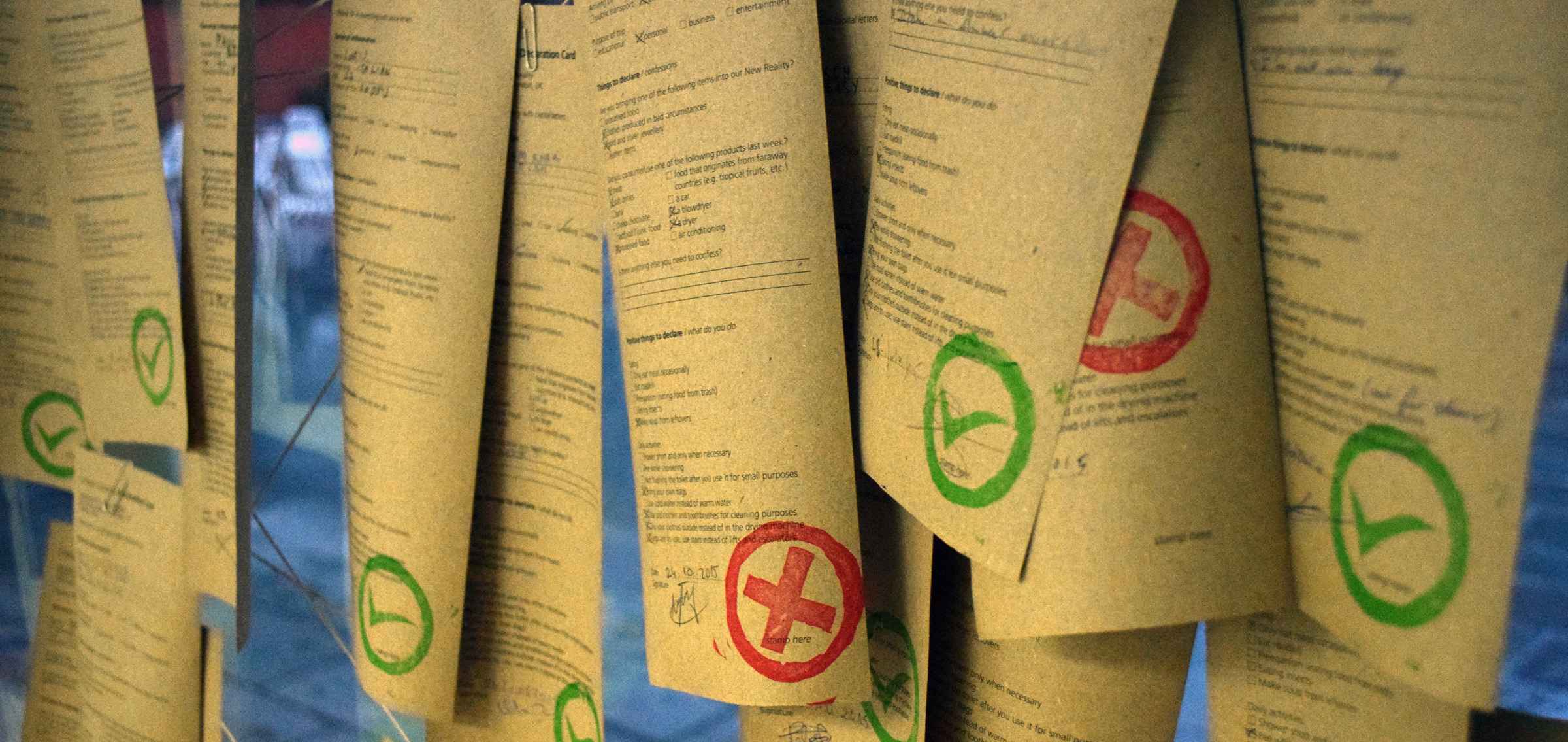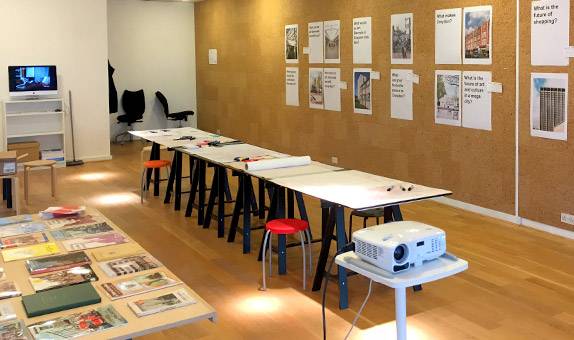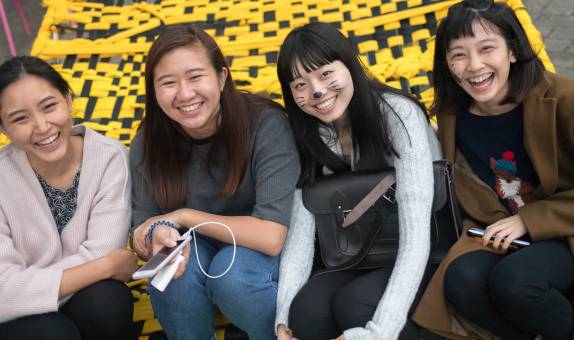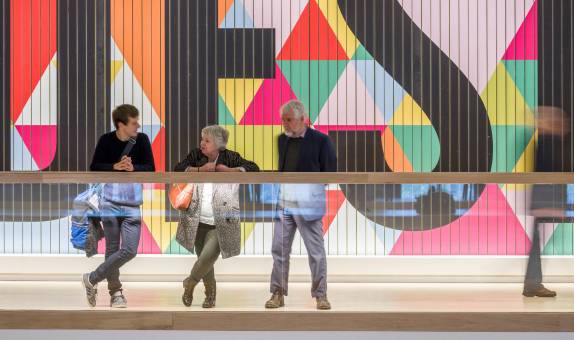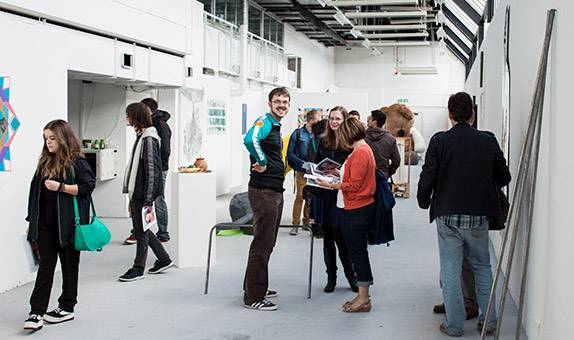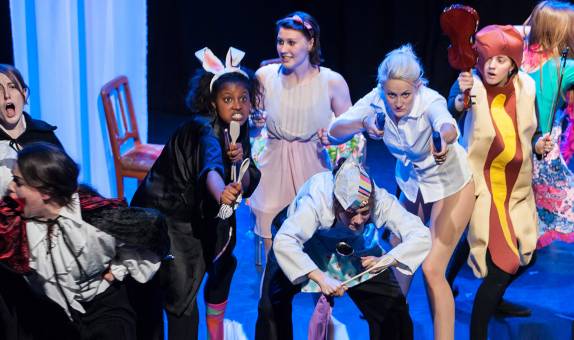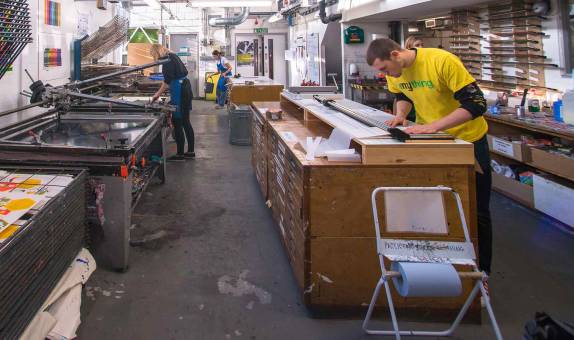Research degree funding opportunities
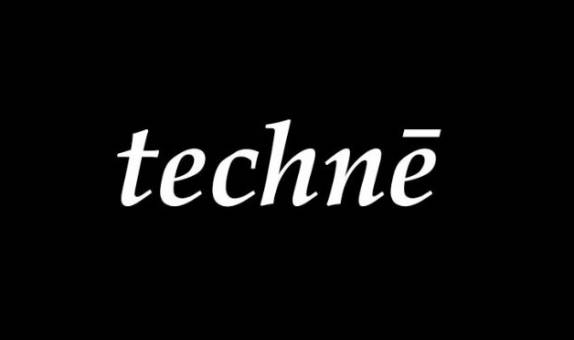
TECHNE - AHRC Doctoral Training Partnership

TECHNE comprises nine universities and is one of the 10 Arts and Humanities Research Council (AHRC) Doctoral Training Partnerships. TECHNE's vision is to produce scholars who are highly motivated and prepared for academic, public or professional life. Its students will benefit from a diverse and rich range of training workshops and opportunities to engage with partners in the arts and cultural sector.
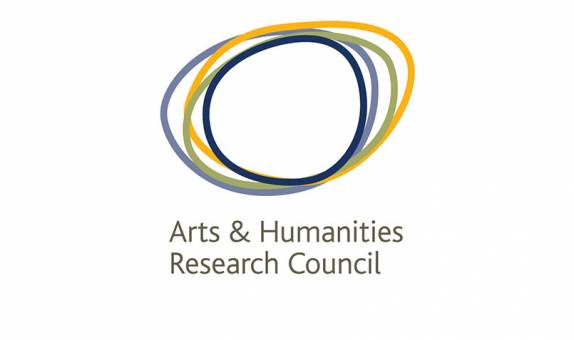

TECHNE will offer around 57 AHRC scholarships each year across the range of arts and humanities disciplines for students who are applying to undertake PhD study: 45 in its open competition and 11 through the Collaborative Doctoral Award route. The open competition includes those who are applying initially as an MPhil student with the intention to upgrade to PhD study.
TECHNE welcomes both interdisciplinary research proposals and those focussed within traditional discipline areas.
Students may apply to TECHNE for a doctoral award by submitting a TECHNE application through Kingston University. It is not possible to submit an application directly to TECHNE: you must apply through one of the member universities.
Links to more information on both schemes can be found below.
